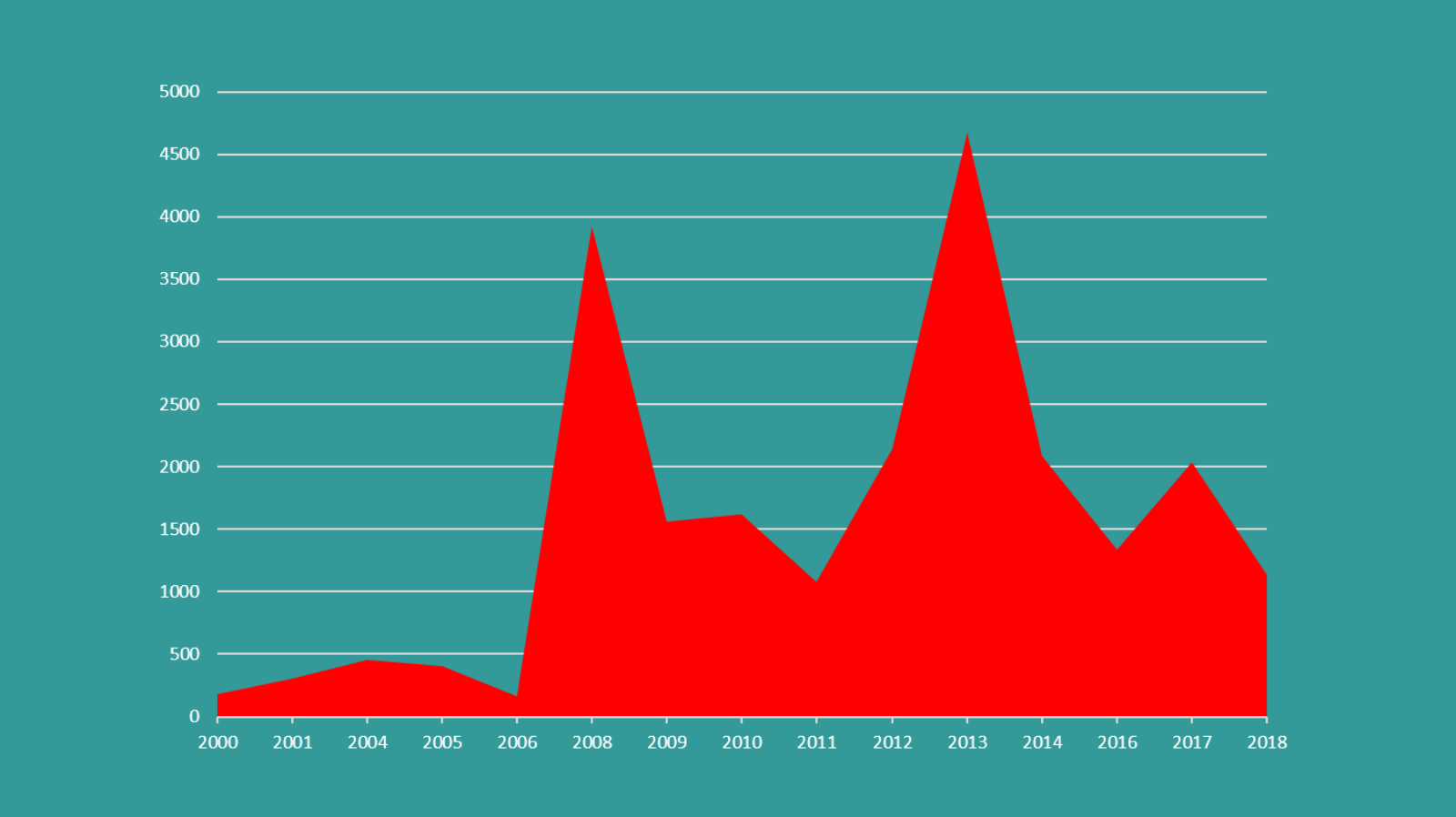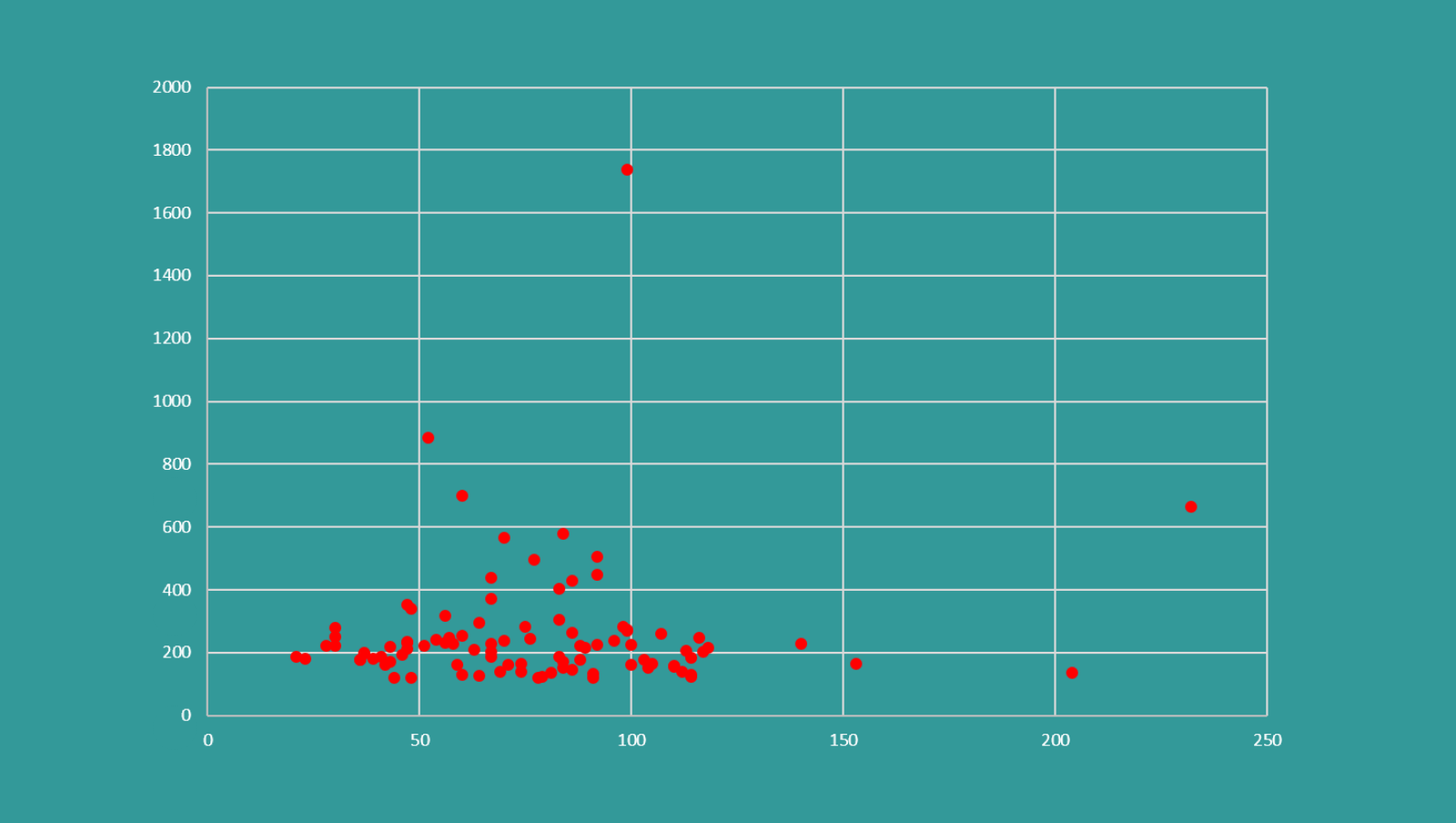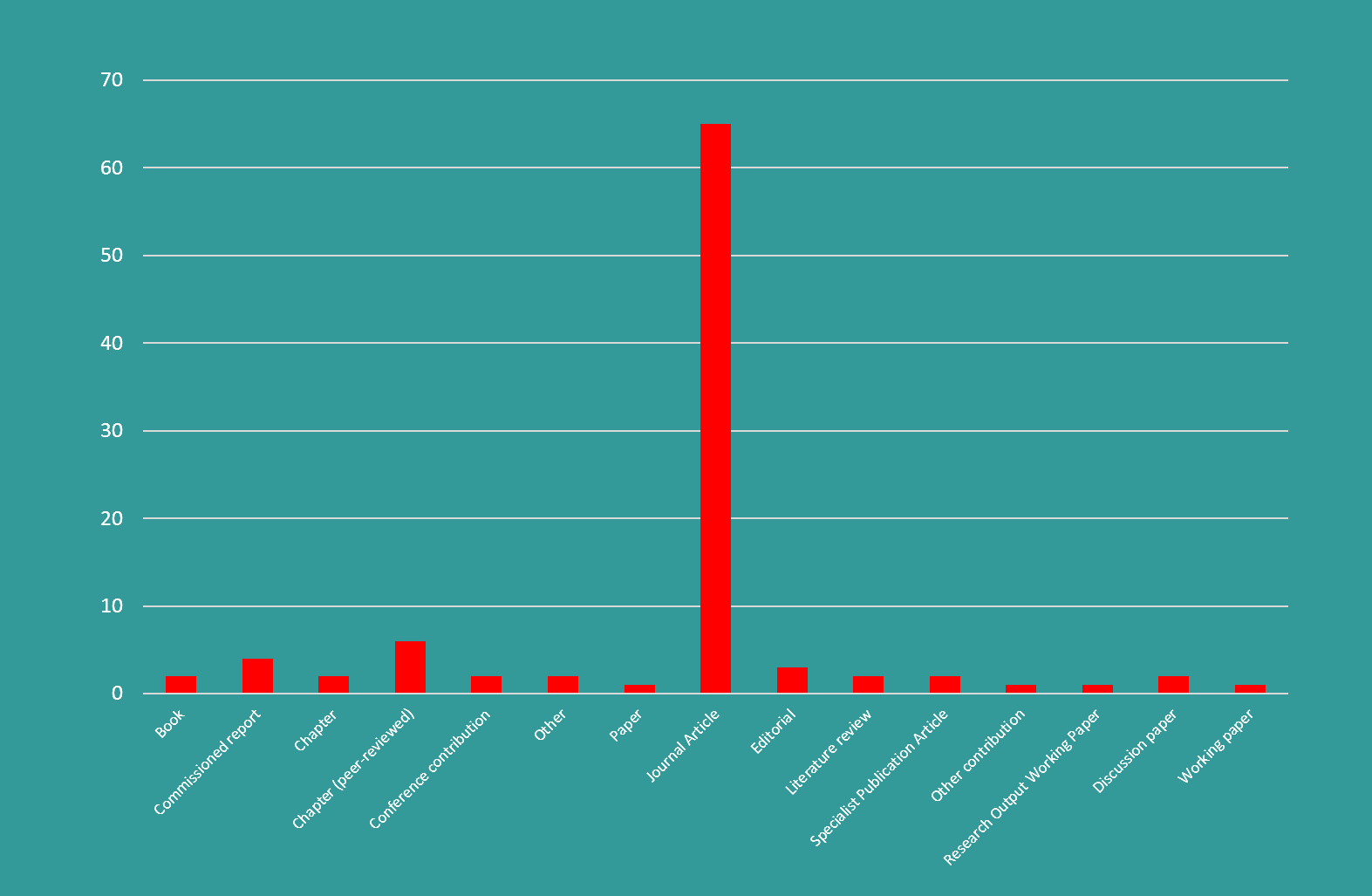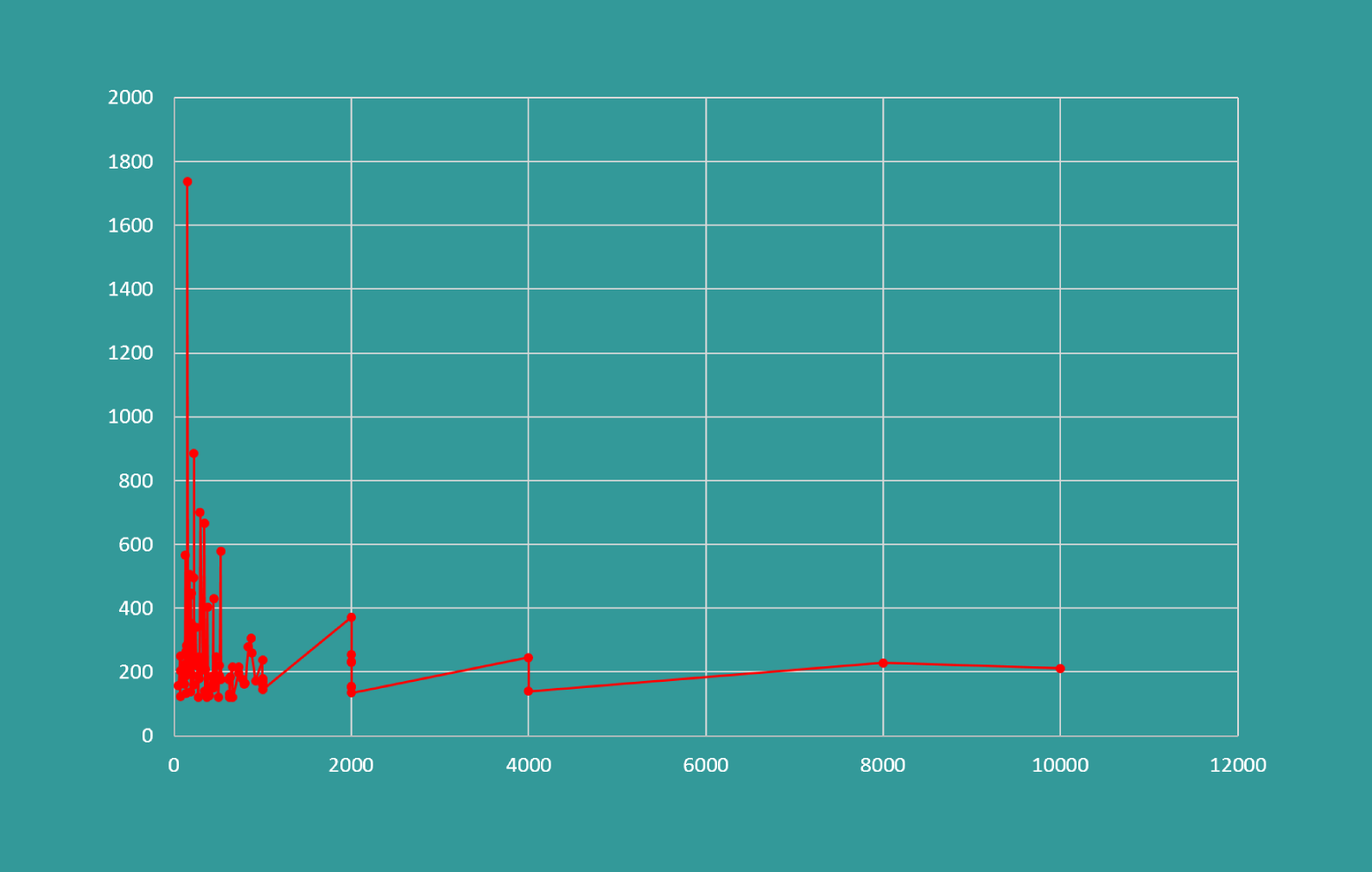Edinburgh Research Explorer • www.research.ed.ac.uk
These are conclusions from a survey of the Top 100 MOST POPULAR downloads from Edinburgh Research Explorer in August 2019, it contains some VERY obvious biases and doesn’t reflect the breadth, depth, or usefulness of the repository as a whole; and shows that whilst OPEN ACCESS can reach a wider audience, it can also be ignored by a wider audience.
1. STEER CLEAR OF SCIENCE

Research items from science-related schools made up 18% of the Top 100, dropping to 12% in the Top 50 and 0% in the Top 10.
2. DON’T COLLABORATE

With each additional author, the number of items and the average number of downloads decreased.
3. YOU DON’T HAVE TO WRITE IN ENGLISH, BUT IT HELPS
In the Top 100, one item was written in Italian, the remainder in English:
that was also one of only five items that month, that failed to find an audience outwith the UK.
4. GO OPEN-ACCESS
8 of the Top 100 items didn’t offer Open-Access Permissions, they averaged 25% fewer downloads than the overall average.
5. WRITING FOR THE PRESENT GETS YOU SO FAR, WRITING FOR THE FUTURE GETS YOU FURTHER

Whilst items from the last three years punch above their weight, when comparing the proportion of downloads to the number of files, the bulk of the popular downloads are of items published from 2008-2014.
There is also a complete cut-off at the start of the 21st century.
6. A TITLE SHOULD DRAW PEOPLE IN, BUT IT ALSO SHOULDN’T PUT THEM OFF

The optimum length of a title is between 50-100 characters: 57% of the Top 100 fall within this range; it goes up to 70% for the Top 50; and 90% of the Top 10.
7. MOST FREQUENT WORDS USED IN POPULAR TITLES


8. IF PEOPLE WANTED TO READ A BOOK, THEY’D GO AND FIND ONE

73% of all the Top 100 Most Popular Research Items are Journal Articles: 27% Final Published Versions and 38% Accepted Author Manuscripts.
9. KEEP IT TO KILOBYTES

83% of the Top 100 items have pdfs with a file-size below 1kb, going up to 84% in the Top 50. 63% of the Top 100 have a file-size below 500kb, rising to 70% in the Top 50, and all of the Top 10 are below 528kb.
10. A NATIONAL OR INTERNATIONAL AUDIENCE?
The School of Law has contributed 50% more items to the Top 100 than any other school/organisation and generates the most downloads, but it seems to miss out on the really big numbers by individual titles because it only achieves 25/4,791 of downloads in the USA.
The chasing pack of Moray House School of Education and Sport, School of Philosophy, Psychology and Language Sciences, School of Social and Political Science, Edinburgh College of Art and the School of History, Classics and Archaeology may represent a surer bet.
The full article, from which this list is extracted, is 29 page collection of graphs and charts: Statistical Digest: the Top 100 downloads from Edinburgh Research Explorer in August 2019.pdf (572kb)
The article is nominally a follow-up to Edinburgh Research Archive | ER-data: Jan. – June 2019. If that was a general introduction, this is Chapter 1 of a deeper-trawl as suggested in the conclusions. This report doesn’t aim to analyse the data, that’s for later,
the purpose here is to gather data and then restate and display it as information.
